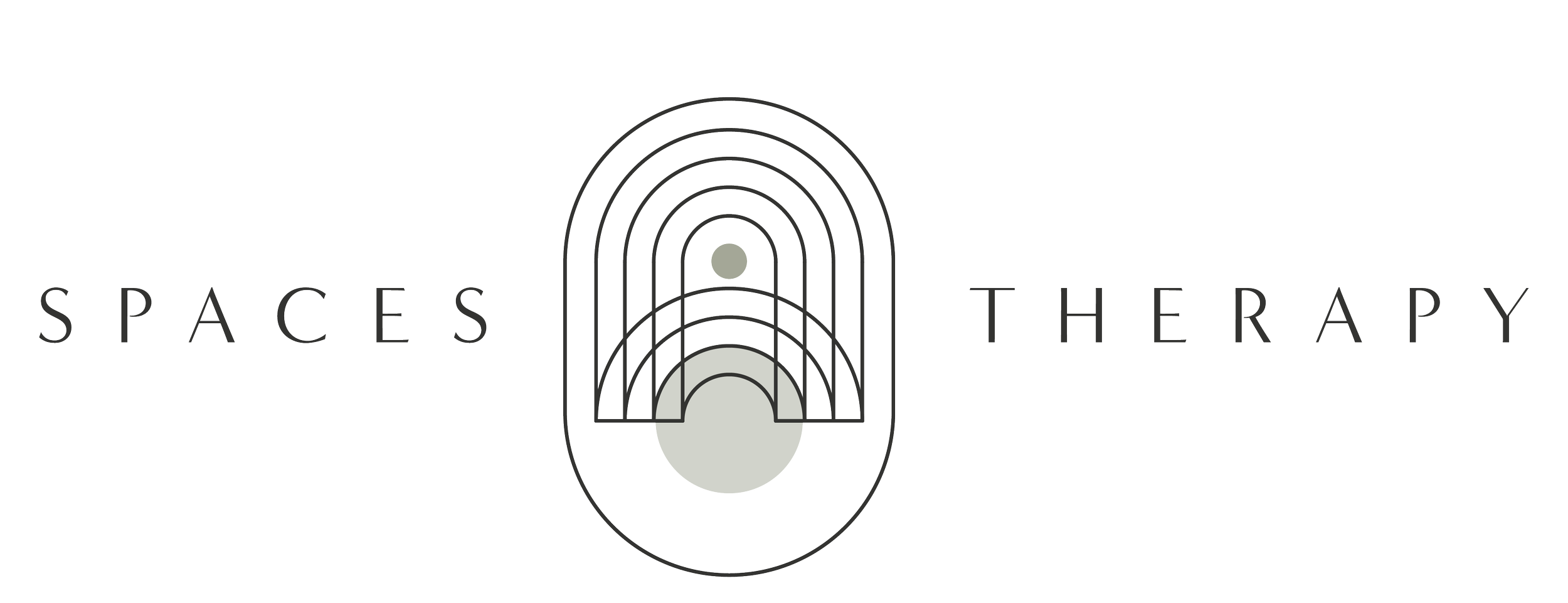Meet Our Los Angeles Teen and Child Counselors
Takeaway: It’s difficult to watch your teen struggle to find their footing. Working with a therapist can give your teen the support and confidence they need to thrive while also giving you valuable peace of mind and expert insight.
Being a teen is a formative time in life. During these teenage years, they are navigating their social life, exploring their identity, and figuring out what they want for their future. Unlike earlier years in childhood, a teen is developing their own sense of self and managing the stress of becoming young adults. It can be an overwhelming time and having an additional support. At Spaces, we focus on cultivating a safe space for your teen to learn to express themselves, develop healthy coping skills, and provide support as they navigate the challenges that come with being a teen.











